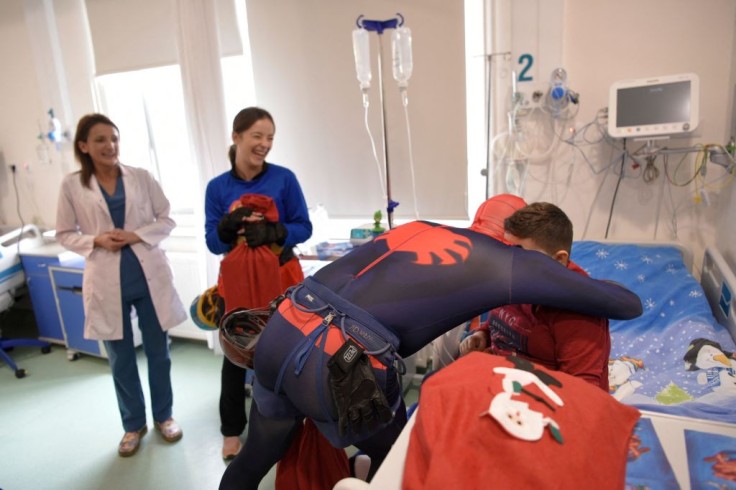
Families in Brazil experienced losing their children sooner to leukemia.
Some young children that were diagnosed by the aggressive cancer type of Acute lymphocytic leukemia (ALL) lose their battle and succumb to death. Investigation reveals that the children were administered therapeutic medications that were not sufficient enough to cure them, but instead, make them more sick.
In Brazil, a rampant rise in the death toll of children with leukemia. It has later been discovered that certain asparaginase drugs in Brazil are causing these young children to die faster.
The ALL is the most prevalent neoplasm in childhood and is responsible for around 25 percent of all cancer diagnoses in children younger than 15 years old.
Asparaginase Drugs in Brazil
According to the Stat, a mother named Emily with her daughter Isadora was one of the families who experienced a low-quality brand asparaginase to treat her child's cancer.
Her treatment consists of a combination of chemotherapy medications, the side effects of which would include vomiting, and lethargy.
Asparaginase, which was at the time at the center of a developing national controversy, was one of the most crucial chemotherapeutic medications that Isadora used in her.
However, a year later, medical professionals in Brazil acknowledged that the brand of asparaginase that she was given was not even close to being as efficient as it ought to have been.
The asparaginase medication that her child was given was likewise contaminated, which made people who were already sick much sicker.
As explained by the Drug Bank, Asparagine is a medication that is frequently utilized in the treatment of ALL in children. The medication blocks the ability of cancer cells to reproduce and develop.
Patients would have a far lower likelihood of surviving if they did not have access to it. However, in certain instances, brands fell well short of the required criteria to treat cancer.
Asparagine is a medication that is often used to treat children with ALL and it is one of the amino acids required for cell survival and activity.
Substandard Asparaginase Drugs in the Market
The formulation that was accessible in Brazil between 2017 and 2018, at the same dose and frequency as the version that was available previously, did not have a therapeutic impact. This was the case even if it was administered at the same rate.
According to the British Journal of Haematology, as part of their asparaginase activity monitoring in Brazil in 2018, the children were subjected to two distinct formulations of E. coli ASNase: the Aginasa and the Leuginase.
It was discovered at that time that the majority of patients who were treated with leuginase did not develop significant enzymatic activity for the drug to be of any use in the treatment of leukemia in children.
The same low-quality Asparaginase drugs have been distributed not just in Brazil, but also in Haiti. Medical professionals in Haiti also have a very low rate of survival for their cancer patients.
The medical professionals quickly came to the conclusion that the medicine brand that was used in Brazil and the drug brand that was used in Haiti were both derived from the same manufacturer of Leuginase, which was produced by Beijing SL Pharmaceutical.
On the other hand, a spokeswoman for Beijing SL Pharmaceutical, the company that makes Leuginase, stated that the medicine is tested by Chinese regulators as well as evaluated in-house, and that the quality findings have remained within the statutory limits throughout the course of the previous decade.
In addition, the judge ruled that the Brazilian government must comply with the court's decision to withdraw this specific brand, Leuginase, off the shelves of hospitals to protect children from the harmful dose.